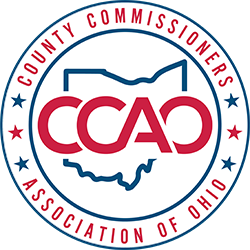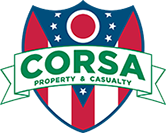Complete Story
03/26/2025
Senate Bill 138
SIGNED: Effective September 30, 2025 (some provisions March 30, 2026)
Lead Sponsors: Senator Terry Johnson
Status: Passed the Senate, 33-0 (May 7, 2025); Passed the House, 97-0 (June 18, 2025); Signed by the Governor (July 1, 2025); Effective September 30, 2025
Description: The bill aims to modify the law pertaining to ADAMHS boards and impose penalties for not registering recovery housing residences.
ADAMHS Boards
One of the bill's key aims concerns contracts between ADAMHS boards and service providers. The bill clarifies that the review of a provider's cost elements is to be limited to those specific to the services and supports the provider provides, not salary costs.
The bill also alters the dispute resolution process. Under current law, if a party wants to substantially change the contract or not renew it, they must provide at least 120 days' notice. The bill changes this by requiring that contract terms include a process that allows either party to terminate the contract early for any cause by providing at least 30 days' notice. If a party opts not to seek renewal of the contract for a subsequent term, the party must provide written notice to the other at least 60 days before the contract expires.
If neither party provides written notice of intent to not renew by 60 days before the contract's expiration date, the parties must negotiate contract terms for an additional period. Additionally, when a contract is to be terminated or not renewed, there must be a transition of care for client services for at least an additional 60 days under the terms of the terminated/expiring contract.
Finally, the bill clarifies that ADAMHS board contracts are exempt from state contract competitive bidding requirements. However, boards may still opt to establish and use a competitive process for selecting and entering into contracts.
Other law changes regarding ADAMHS boards include the following:
- If abuse or neglect is alleged in a residential facility licensed by the Department of Mental Health and Addiction Services but the alleged victim is a resident of another board's district, the board that receives the allegation must forward it to the board where the alleged victim resides.
- Boards must report all complaints alleging abuse or neglect, not just those submitted by service providers.
- Boards may enter facilities if the health and safety of a resident is in danger, regardless of whether the danger is "immediate" as under current law.
- Boards are no longer required to conduct financial audits of providers themselves, but they must still review any audits conducted on providers they contract with.
- Boards must inform people seeking services about the available elements of the continuum of care and facilitate referrals when appropriate.
- Boards must comply with existing law governing local government credit card usage, such as adopting and following a written policy.
- Boards, the Department of Mental Health and Addiction Services, and other stakeholders must develop a data sharing and integration plan.
Recovery Housing
The bill creates criminal penalties for operating a recovery housing residence that is not certified by the Department of Mental Health and Addiction Services or by an outside organization accepted by the Department. The bill makes doing such a first-degree misdemeanor (jail term of not more than 180 days and/or up to a $1,000 fine).
CCAO Position: No position




